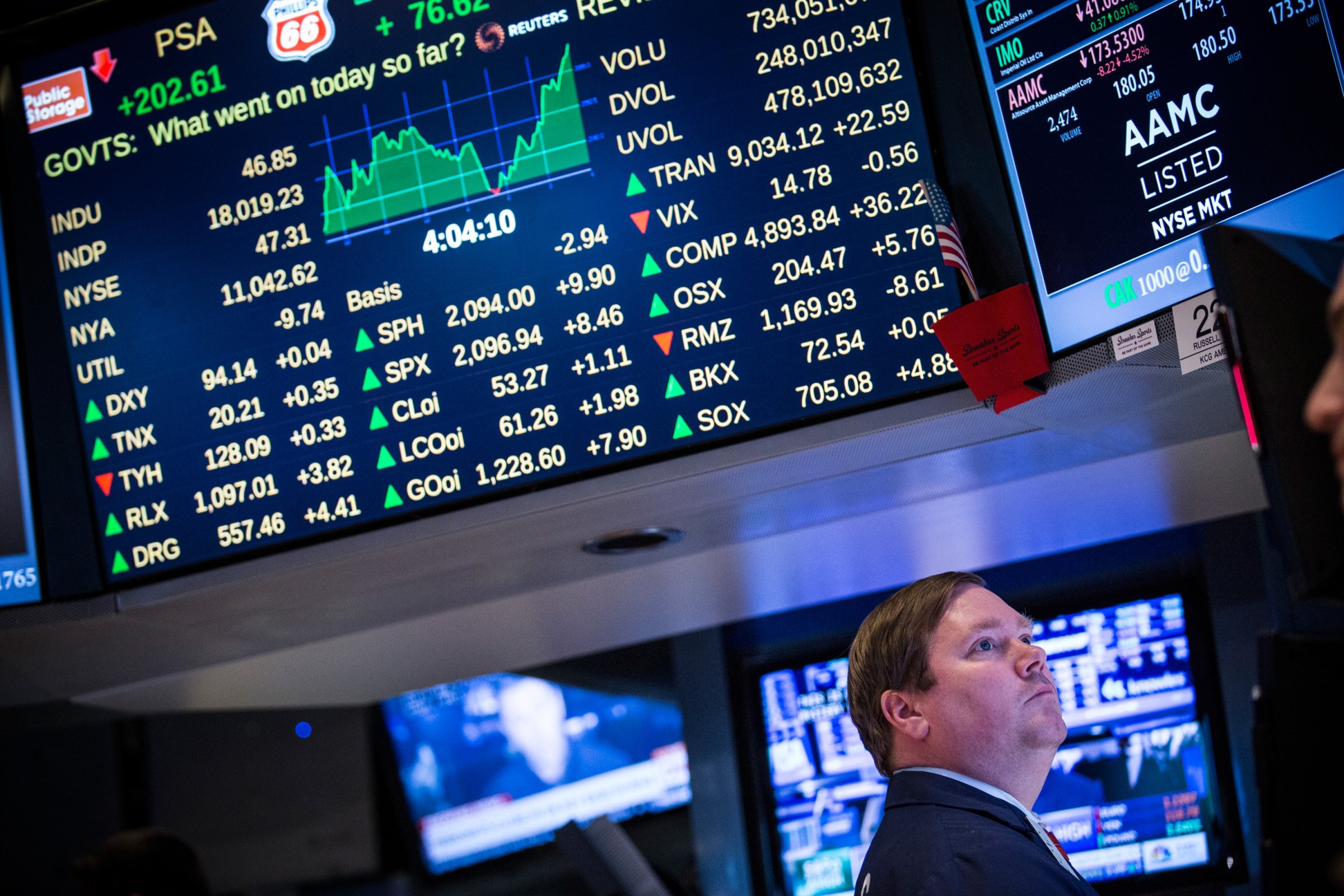
We tap our phone, we expect to be able to make a call, send a text or open an app. We key in our PIN at an ATM, we expect to get cash. We punch in a time on the office microwave, we expect our lunch to heat up. In short, when we depend on technology for countless everyday tasks, we take for granted that it’s going to work.
A new study finds that this automatic assumption has a surprising, far-reaching dark side. Much as we expect the technology we interact with every day to be successful, we expect stocks of publicly traded technology companies to be successful — even if there isn’t any evidence that they perform any better than old-economy stalwarts.
We unconsciously confer on technology, especially new technology that we don’t really understand, an almost magical status. “We found that people weren’t particularly excited about the prospects of old technology,” says Christopher Robert, associate professor of management at the University of Missouri — Columbia and one of the paper’s authors. “You’re more likely to have faith that something you don’t really understand will work.
That’s because “technology” gets lumped together as this sort of monolithic entity, Robert explains. “We develop [a mental] shortcut that all of these technologies are successful and they work and then overgeneralize that perception to all technology,” he says. “We often don’t see its failures,” he points out, because those either never make it to market or fail to become a part of our daily lives.
How often do you think about Pets.com or the mini-disk? Probably not much. Now, how often do you think about Google or Apple?
“The success stories are very salient,” Robert says. “When you get an Apple or a Google… being really successful, people pay a lot of attention to that, but they don’t pay as much attention to the failures.”
This mental double standard makes us likely to view tech company stocks through rose-colored glasses. Robert’s experiments found that we’re were more likely to invest in (hypothetical) high-tech stocks than stocks of other industries, even when both produce similar financial results. We’re also more likely to ignore the cardinal rule of investing — that past performance is no guarantee of future results — when it comes to tech stocks. In experiments, subjects who saw growth in a tech company’s past were more likely to invest, assuming that the good times would just keep rolling.
Except, of course, the market doesn’t exactly work like that. The dot-com implosion of 2000 should have been a cautionary tale, yet here we are just 15 years later, with economists once again warning that sky-high valuations for today’s tech darlings could indicate a second tech bubble in the making.
“I suspect that the same processes might take place as they did [in 2000],” Robert says. “Of course, technology does keep marching along and is successful as writ large — however, individual companies might not be as successful.”
And when people pile into certain stocks because they just assume they’ll do well without looking at the fundamentals, they drive up valuations even further, and the whole phenomenon snowballs. “When you see a lot of investment going into technology-oriented co’s that don’t have any [profits]… that’s a sign that there might be a little bit of irrational exuberance regarding those companies,” Robert says. “You never see these companies that make asphalt shingles getting these huge, pumped-up PE ratios.”
More Must-Reads from TIME
- Donald Trump Is TIME's 2024 Person of the Year
- Why We Chose Trump as Person of the Year
- Is Intermittent Fasting Good or Bad for You?
- The 100 Must-Read Books of 2024
- The 20 Best Christmas TV Episodes
- Column: If Optimism Feels Ridiculous Now, Try Hope
- The Future of Climate Action Is Trade Policy
- Merle Bombardieri Is Helping People Make the Baby Decision
Contact us at letters@time.com